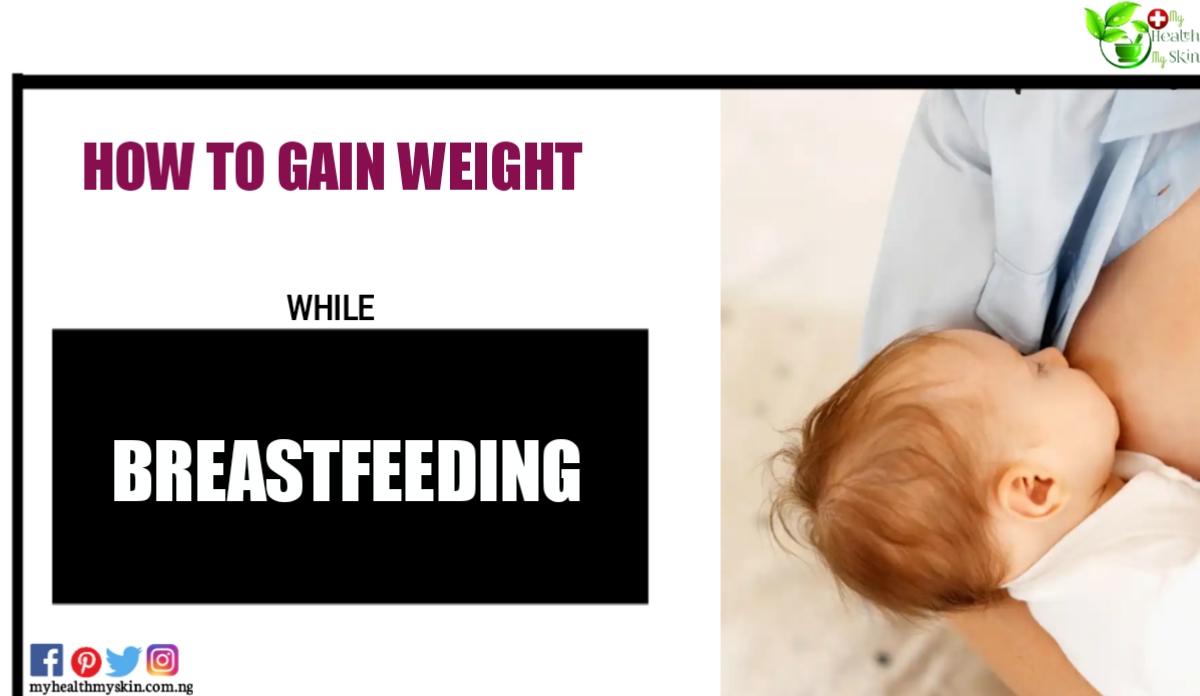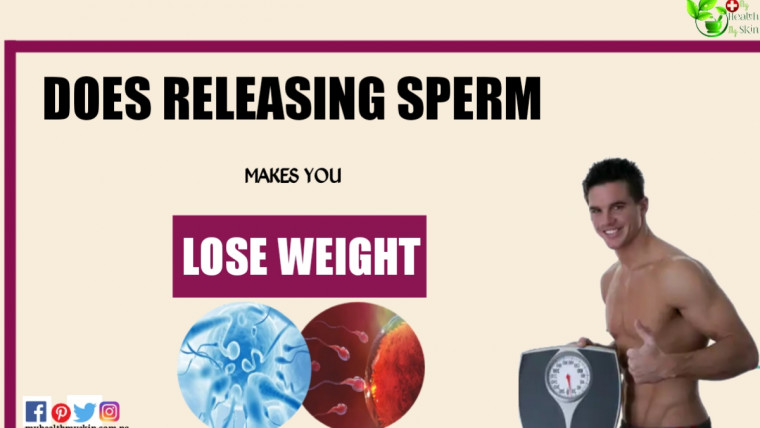During breastfeeding, a woman’s body needs a lot of nutrients to take care of her nutrition and the nutrition of the baby.
The breastfeeding period demands a lot from the maternal organism and, therefore, some women may suffer from weight loss and a drop in nutrient absorption.
While it may seem good to lose weight during lactation, losing too much weight can have bad consequences, including problems with milk production and nutrient deficiencies.
In these cases, it is important to investigate the cause of the problem and adopt measures to gain weight while breastfeeding, thus ensuring adequate nutrients for the health of both mother and baby.
[lwptoc]
How To Gain Weight While Breastfeeding

In fact, breast milk is essential for the baby to develop healthily. But for this, it is important that the mother is eating well and drinking plenty of water. Below are some tips to gain weight even though you burn so many calories.
Increase Your Total Calorie Intake
Breastfeeding can increase a mother’s daily caloric need by up to 500 calories compared to a woman who doesn’t breastfeed.
This means that the first step to gaining weight while breastfeeding is to take in more calories than your body needs.
This increase in the body’s demand for calories occurs because the body needs to produce milk and still meet its normal caloric needs to function.
Thus, the woman’s body works by burning the fat stored during pregnancy and converting the food consumed on a daily basis into energy.
If there is no balance between calories consumed and calories expended, a woman may lose more weight than would be considered healthy.
In cases like this, it is important to eat foods that are high in calories. Some calorie-dense and nutritious foods include:
- Dehydrated fruits ;
- Wholemeal noodles;
- Potato;
- Yogurt;
- Peanut butter;
- Nuts;
- Olive oil;
- Avocado;
- Wholemeal breads.
You can also increase the amount of calories you eat in your day by adding extra nutrients whenever possible to your recipes.
For example, you can replace the water used to prepare a juice or smoothie (vitamin) with milk or yogurt and season your salad with olive oil.
Eat Slow-digesting Foods
The foods digested more slowly by the body are those rich in fiber and protein. Such foods provide energy for longer and help regulate metabolism, which contributes to healthy weight gain.
It is important to consume at least 70 grams of protein a day while breastfeeding, as this ensures that the baby develops well and helps the mother to increase (or maintain) lean mass.
Certainly, lean muscle mass is essential to gain healthy weight and prevent the accumulation of fat in the body.
Examples of high-calorie, fiber-rich foods are whole-grain breads and pasta, sweet potatoes, and potatoes. In addition, some options for good sources of protein are:
- Lean meats;
- Eggs;
- Soy protein;
- Seafood;
- Dairy products;
- Bean;
- Quinoa;
- Lentil;
- Whey protein (whey protein).
Include Healthy Fats In Your Diet

In addition to providing a lot of calories, healthy fats are essential for breast milk production.
Betting on unsaturated fats can help you gain weight healthy, as in addition to the calories provided, they are very good for your health. Incidentally, omega-3 fatty acids are a type of polyunsaturated fat that promotes good growth in the baby and helps the mother gain weight.
Some examples are canola oil, coconut oil, flaxseed oil, olive oil, fish and nuts.
Eat Several Meals A Day
Avoiding long periods of fasting is essential for anyone who wants to gain weight. Therefore, it is recommended to eat at least 6 meals throughout the day to have energy throughout the day and avoid weight loss.
Of course, such meals need to be nutritious as well as caloric. So choose foods rich in protein, fiber and healthy fats.
During this period of weight gain while breastfeeding, it is also important to add a small meal just before bed so that the body does not fast for too long during the night.
Extra Tips
To gain weight healthy, it is important to avoid the consumption of ultra-processed or poorly nutritious foods, normally rich in empty calories.
In addition, it is better to gain weight gradually so as not to accumulate excess body fat, as this can lead to other problems such as an increased risk of heart problems and diabetes.
Thus, it is recommended to gain 0.5 to 1.0 kg per week in order to avoid these problems.
Some women benefit from the practice of strength exercises (weight training) to increase muscle mass.
However, it is important to increase daily calorie intake considering the extra energy expenditure during physical activity.
Tracking the foods and calories you consume daily can help you better understand how your caloric intake is doing and if you need to change it.
For this, there are food calorie nutrition tables and even some apps that count calories.
Water consumption is also essential not only for milk production, but also for keeping the body healthy and helping with weight gain.
Lastly, if there is a nutritional deficiency or a very great difficulty in gaining weight, a doctor may recommend the use of vitamin supplements that can help. To see more post on Weight Loss & Weight Gain click here.

What Is Your Desire During Breastfeeding: To Lose Or Gain Weight? Comment Below!






